I look at the research to determine the truth about whether non celiac gluten sensitivity and gluten intolerance is real or just in your head.
Going gluten free? You’re not alone. Since I started studying nutrition, the gluten free marketplace has absolutely exploded and is showing no signs of slowing down. When I first learned about the gluten free diet during university, it was only ever in the context of celiac disease. Less than 1% of North Americans are impacted by celiac disease, but for some reason more than 10 times as many people are avoiding gluten. So what’s the deal? Can you not have celiac disease but notice health improvements on a gluten free diet?
What is Non Celiac Gluten Sensitivity?
While we maybe haven’t heard much about it, the idea of non celiac gluten sensitivity has been around since 1978, well before going gluten free was in vogue. Non Celiac Gluten Sensitivity is defined as the presence of gastrointestinal IBS like symptoms in the absence of celiac disease that seem to improve on a gluten free diet.
Unlike celiac disease, we don’t really have any high quality diagnostic tools to screen for Non Celiac Gluten Sensitivity. The only way to test for it is to rule out a celiac and allergy of wheat, and to do a food elimination diet. Ultimately, it’s a diagnosis by exclusion which definitely isn’t reassuring when the recommendations feel so strict. With the shotty criteria, the estimation of people with Non Celiac Gluten Sensitivity has been pegged at anywhere between 1-30%.
Recently, however, a number of large media headlines have questioned whether or not gluten sensitivity is all in people’s heads, or is just another excuse to cut calories to lose weight. I wanted to look at exactly what the research says and why the legitimacy of Non Celiac Gluten Sensitivity is being called into question.
Non Celiac Gluten Sensitivity Biomarker Studies
Clinical trials on celiac biomarkers have found that some people report gastrointestinal improvements on a gluten free diet even when they don’t carry the celiac biomarkers (here, here, and here).
Others (here, here and here) have found people with self-diagnosed Non Celiac Gluten Sensitivity had some abnormalities of their antibodies that hint towards some sort of systemic immune activation that is different from celiac disease.
All of these in vitro studies offer some support for Non Celiac Gluten Sensitivity but they come with serious methodological limitations. Most notably, they don’t isolate gluten from other components that may also come part and parcel in a gluten free diet. In other words, is it gluten, or is it another protein in wheat, a sugar in grains, an additive, or something else?
Non Celiac Gluten Sensitivity Challenge Studies
Early small challenge studies (and also this) found that putting people with self diagnosed Non Celiac Gluten Sensitivity on a gluten free diet offered some relief in some cases. But again, other components of wheat-based products (like FODMAPS, for example), were not isolated or accounted for. The other issue is that it’s been estimated that as many as 62% of people who believe they have gluten intolerance have not been properly screened and excluded for celiac disease. Many of them have completed the celiac biopsy but were already on a gluten-free diet (which interferes with results), while others had not even had the serological tests or biopsy.
One of the leaders in the area of research on Gluten Intolerance, Dr Biesiekierski, first conducted a small randomized control trial with patients who had IBS but without a celiac diagnosis. In other words, were perfect potential candidates for the title of Non Celiac Gluten Sensitivity. In this study she ensured everything was FODMAP free with the only difference between groups was that one had gluten and the other didn’t. In the end, the Gluten group, had slightly more digestive issues then those in the gluten free group. But even the gluten free group reported IBS symptoms. Was this a coincidence based on the small sample size? They wanted to find out.
In subsequent trials with equally small numbers had the groups cycle through different treatment conditions to make sure their results weren’t individual specific. In this experiment only 16% of patients responded to the high gluten diet, and when they repeated the experiment further removing any dairy and food chemicals in the diet, a mere 2 participants responded to gluten. In other words, they couldn’t find a strong cause and effect relationship between gluten and digestive issues in patients without celiac disease.
So What Explains the Inconsistent Findings on Gluten Intolerance?
Well, whether you’re in the lab or your own kitchen, food has a really strong placebo effect. We’ve spent the last 5 + years reading that gluten is the actual devil, so it’s pretty hard not to absorb and internalize some of that information. So if you or a friend claim to feel better on a gluten free diet, it might be that you don’t actually suffer from Non Celiac Gluten Sensitivity, but you still might feel better because you expect to.
There’s also a really strong nocebo effect that leads people to feel worse again when they’re exposed to something they believe is really terrible for them. I’m definitely not discounting the improvements you may feel on a gluten free diet. I’m just saying that the research to date suggests that the placebo and nocebo effect are pretty strong when it comes to food and you may be mislabelling the root cause of your symptoms.
So Is Non Celiac Gluten Sensitivity Total BS?
Woah, woah, woah. OK, before I get you all upset, here’s the deal. I actually do believe that Non Celiac Gluten Sensitivity is likely real, but I definitely don’t think it’s as wide spread as the gluten free industry has made it seem. I don’t have a number, but my bet from the research findings above is that there is a small percentage of the population, much like celiac and wheat allergy, who fall into this class of Non Celiac Gluten Sensitivity. In fact, gluten intolerance may even be a group of diseases that we are just scratching the surface learning about. So yes, I do honestly believe that you (yes, YOU who is reading this right now) may legitimately have non celiac gluten sensitivity. Having said that, I think it’s likely that most people on a gluten free diet are misattributing their symptoms to gluten.
Why Do I Feel Better When I Go On a Gluten Free Diet?
Truthfully, there’s a lot of confounding factors when you drastically change your diet to eliminate all sources of gluten. Here’s some of the other potential reasons you feel better when you go on a gluten free diet.
Packaged Processed Foods. Cutting out gluten often means cutting out a lot of processed foods with a ton of added sugar, additives and saturated fats. Naturally, when you stop eating doughnuts and muffins for breakfast, you probably will feel better. If you were to continue to just eat donuts every day all day but just make sure they’re gluten free donuts, would you feel automatically better? Maybe a few of you, but for the majority of folks, I’m not so sure.
FODMAPS. I’ve talked about that one before here and here, but basically FODMAPS stand for Fermentable Oligosaccharides, Disaccharides, Monosaccharides AND Polyols. They’re carbohydrates that are also found in a lot of grains (as well as dairy, fruit, some proteins and veggies) and they can cause IBS like symptoms, just like gluten. It’s a lot of work to do a proper elimination diet which would help you determine if FODMAPS are causing problems, but it would help you properly label your digestive woes.
Wheat Allergy. While most wheat foods would be eliminated on a gluten free diet, understanding that you have a wheat allergy rather than a gluten intolerance would allow you to enjoy so many more wholesome foods (think barley, oats, and spelt).
The Real Problem with Self Diagnosing Gluten Intolerance
Okay so at this point, we’ve established that gluten intolerance is possibly quite real, but likely less common than people believe. If you think you may have Non Celiac Gluten Sensitivity, then my first suggestion is to immediately speak to your doctor. Do this BEFORE you cut out gluten. If you automatically assume that your symptoms are due to gluten, you may be overlooking a more serious problem like celiac, lyme disease, or chronic stress. In other words, you may be delaying proper treatment and that might be devastating. To properly rule celiac out, you have to actually be consistently eating gluten-containing foods so by cutting them out prematurely, you may be preventing diagnosis and treatment.
Potential Dangers of a Gluten Free Diet
Today, the gluten free marketplace has developed some amazing (and even really tasty) gluten free offerings. Having said that, I do not believe in restricting any food without a strong medical rationale so going gluten free is all a risk and benefit analysis. Here are some things to consider before going gluten free before you and your doctor have determined it’s necessity.
Missing out on vital nutrients. Grains are fantastic sources of key dietary fibres, antioxidants, and B vitamins. Without proper counselling (or even a legit reason), you may be missing out on these key nutrients.
Gluten Free foods may be worse for you. Gluten free pastries and breads aren’t necessarily healthier than their gluten filled counterparts. In fact, oftentimes, they have less fibre and protein, fewer beneficial nutrients, and more sodium, sugar and fat to make up for what’s removed. If you’re choosing gluten free foods to lose weight, compare the labels and stick to whichever one better fits your goals.
Limited dietary diversity may have unwanted impacts. This is a very small concern, but worth mentioning because I know how regimented some people become when embarking on a strict diet. When you cut out all of the grains except those that are gluten free, you end up eating a lot of the same thing (and likely a lot of that will be rice based). There’s been a lot of talk about arsenic in rice and rice-based foods, which is likely safe in small amounts, but if it became the basis of ones diet over a long period of time, there may be an elevated risk of chronic disease. Washing your rice thoroughly is a good way to reduce the arsenic levels.
Shifts to Gut bacteria. Grains are one of the best sources of beneficial prebiotics (which we have written about in detail here). Eliminating those beneficial prebiotics in grains may change the healthy gut microflora and increase the risk for chronic disease.
Bottom Line on Gluten Intolerance
So is gluten intolerance the real deal? The jury is definitely still out. We definitely need more large scale studies with larger sample sizes to be better able to make definitive statements about the legitimacy of Non Celiac Gluten Sensitivity. From my personal opinion as a dietitian, I think that yes, it’s likely that gluten intolerance is a real condition (maybe even a class of different conditions), but I also think it’s likely much less common than people think. I also think that it’s likely a lot of the relief people get from taking on a gluten free diet is associated with other non-gluten components of these food.
So if you are experiencing any symptoms which you think may be attributed to gluten, or anything else, I strongly suggest you speak to your doctor and a registered dietitian to help you make the proper diagnosis before you change your diet. I also would recommend picking up a copy my colleague Shelley Case’s book, Gluten Free: The Definitive Resource Guide. She is a total expert on gluten free!
Now I want to know, what are your thoughts on Non Celiac Gluten Sensitivity?
Do you think you have gluten intolerance?
Have you felt better on a gluten free diet?
Leave me a comment below with your thoughts!
Updated on October 23rd, 2020

Abbey Sharp is a Registered Dietitian (RD), regulated by the Ontario College of Dietitians. She is a mom, YouTuber, Blogger, award winning cookbook author, media coach specializing in food and nutrition influencers, and a frequent contributor to national publications like Healthline and on national broadcast TV shows.
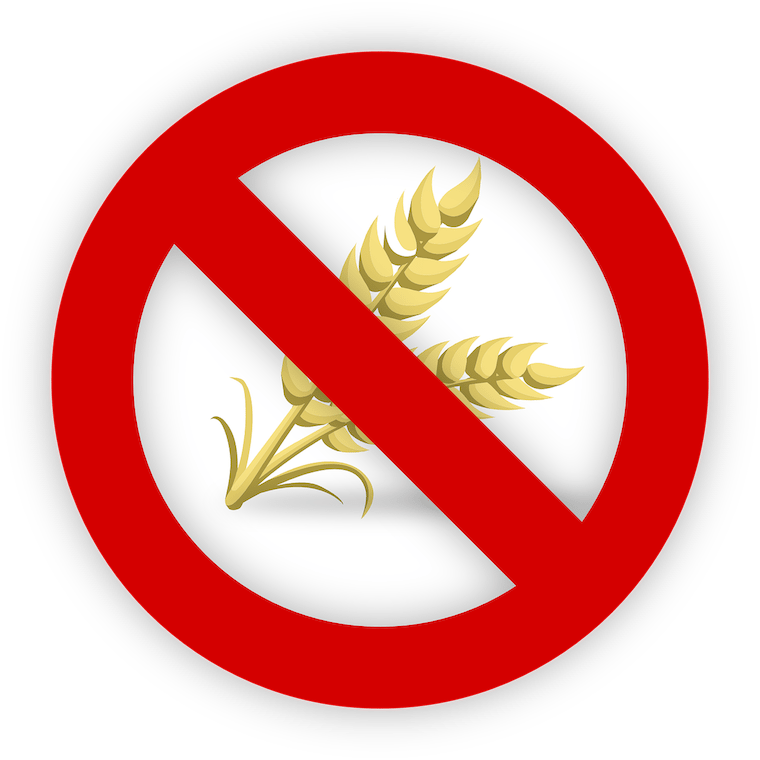

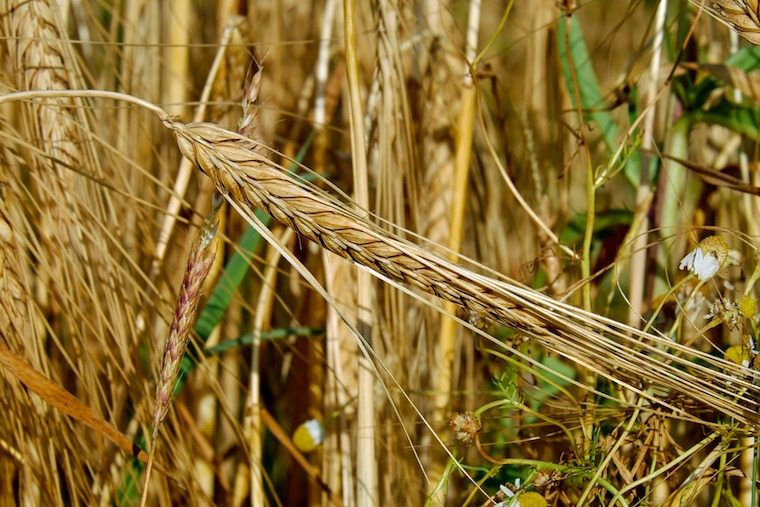
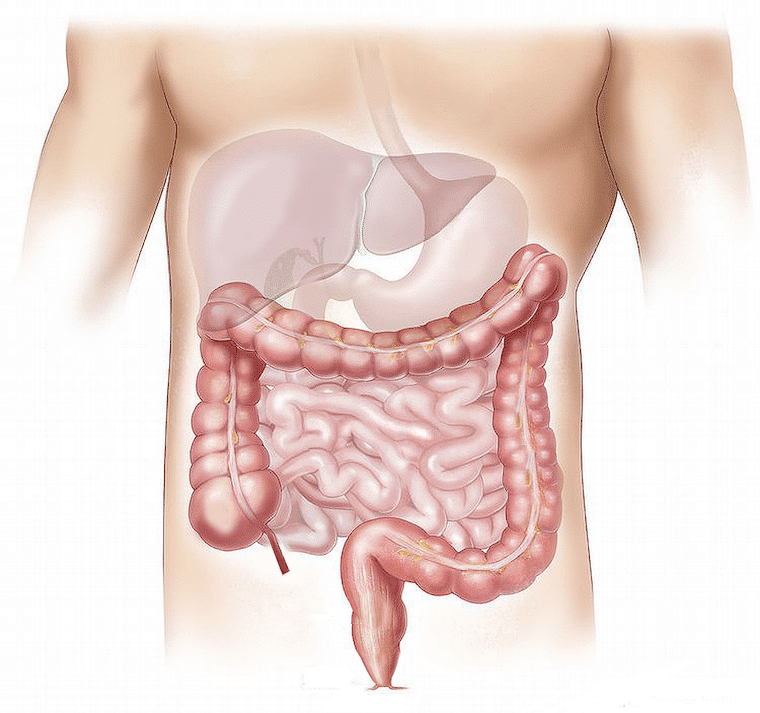
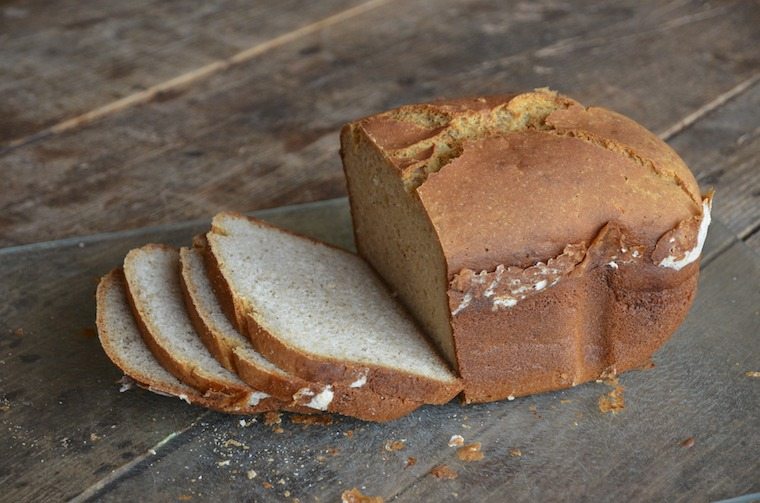
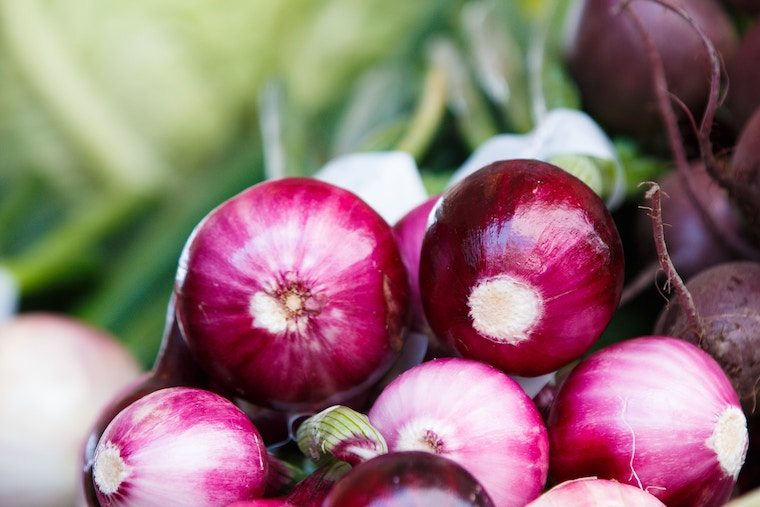

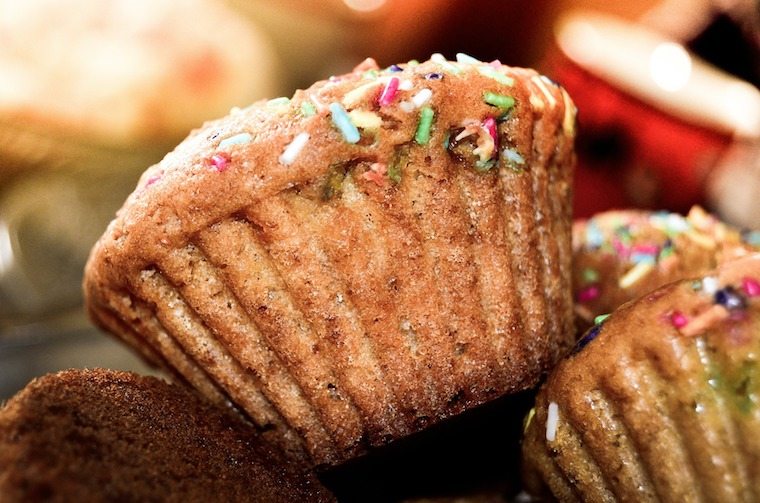
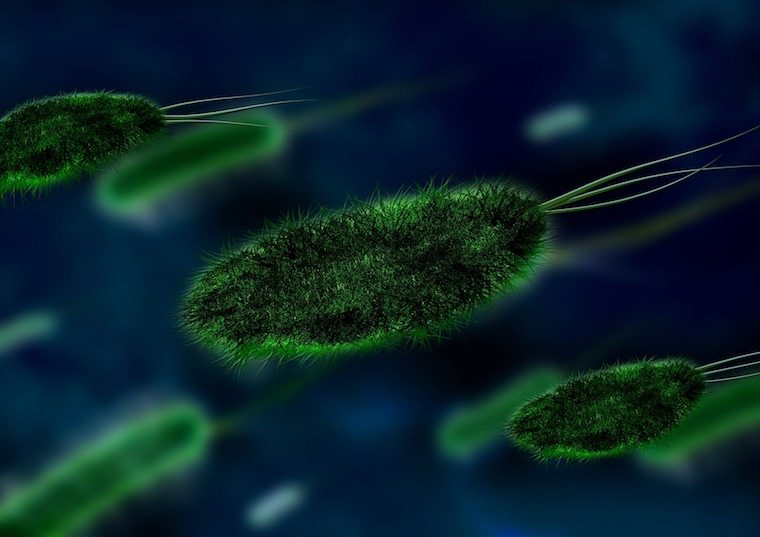

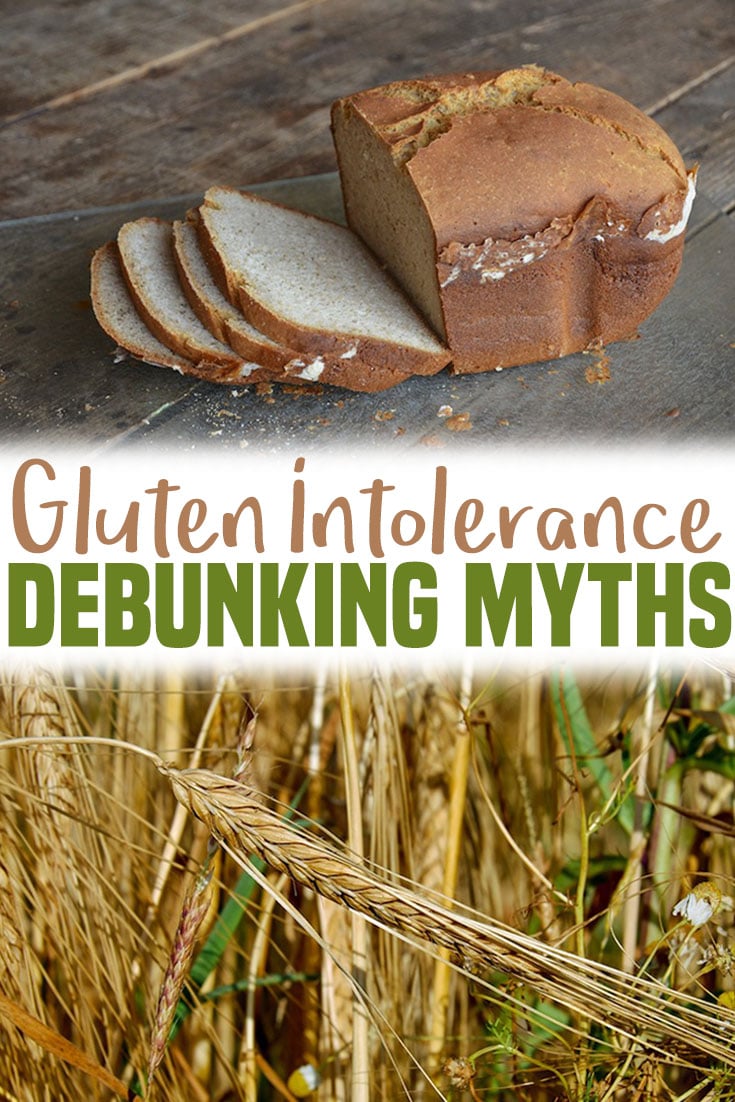




Deb Johnson says
Hi, my daughter has had issues for a few years with cramping, bloating, intestinal issues. We were hoping the doctor would do more but he didn’t seem to do anything like order any tests. Anyhow last winter I got her to ask him to test her for celiac and/or IBS. So she got all the forms and we got her to the lab where she got all the sample test tubes. Did the samples. Had to wait about 3 weeks for the results to come back and get the doctor’s office to say that it was all negative. But the upshot of it was that he basically passed on the message that she likely had non celiac gluten sensitivity and to cut out gluten and consult a dietitian. So we’re currently undergoing that. Within 3 days of her switching off gluten containing foods, suddenly the sharp stabby random knife pains were gone. The copious pale stools were gone. The constant abdominal cramping was gone. The feeling of itchy skin was gone. Now, about 2 months later her persistent dry scalp is finally gone. Her facial acne is gone. I’d say the gluten free diet is kinda working, no? Doesn’t sound like it’s in her head to me.
Abbey Sharp says
That’s so great to hear! It’s amazing what making a few diet changes can do. Thanks for sharing Deb 🙂
Hibi says
I think you noticed the “explosion” of GF because of something totally mundane that happened. In 2014, the FDA finally issued a guidance for labeling GF foods. Until then, GF was a largely hope and pray undertaking usually under the care of a dietician working with celiac patients. So by 2015, you and everyone else “suddenly” saw an “explosion” of labeled foods. Many of those foods were labeled for the first time after 2014, but had been staples of the Celiac community for years, or decades. De Land bread for instance. It’s not a marketing hype thing, it’s a “finally we have a standard” thing.
And yes, it also empowers people who just suspect they have a problem with wheat to cut out some of it. I say some of it because there is a world of difference between living gluten free (including keeping a GF kitchen), and just opting out of gluten occasionally. To live GF you need to know that barley malt can be used as a “natural flavor” in almost anything, even instant coffee. Really doing it right, or even right enough to have Thanksgiving with a GF relative, that takes a huge effort, a mountain of compassion and considerable skill, especially in baking.
Abbey Sharp says
Definitely. It is not easy, and requires an understanding of food labels. Thank you for your comment.
Renee says
Hi Abbey. This is some good info. I have been struggling for last 9 months with my so . He does not have celiacs but has tested positive fir wheat soy and peanut allergies as well as lactose intolerance. Cutting wheat out has helped his belly.. soy is horrible when consumed for him.. yet above all of this I truly believe he has fructose malabsorption which I have been watching thru his diet so your info on sugars has helped some. I find much controversial info and trying to manage all
Of the above is quite overwhelming.. I call it baby steps and learn more and more each day trying to create recipes etc that are low fod and low fructose combined… any more info u may have would be great!!
Abbey Sharp says
Hi Renee, sounds like a very overwhelming situation. It’s hard to find these answers online, and the best place to get the safest informative answers is from a doctor and dietitian. Wishing you and your son luck. Thanks for reading 🙂
EA The Spicy RD says
Thanks for this thorough post Abbey, and the bottom line, is we still have so much to learn. Speaking from personal experience, although I am negative for celiac disease, I do have one of the genetic markers for it, and have had almost complete resolution of my autoimmune (Sjogren’s) symptoms (none of which were GI related) since removing gluten from my diet almost 8 years ago. That being said, I definitely do not think everyone needs to be on a gluten-free diet, but I do think a gluten free diet trial is warranted with certain health conditions (i.e. certain digestive & autoimmune diseases) but only after celiac testing is done first. Dr. Fasano is one of my favorite researchers to follow for his work done on celiac disease and NCGS. Cheers!
Abbey Sharp says
Hey, thank you so much for sharing your experience. I think that’s the best way to understand your body and find a solution that meets your unique needs. I’m glad you were able to find that solution 🙂
GiGi Eats says
NON CELIAC GLUTEN SENSITIVITY IS A REAL THING! REAL 100000%! Now I am Celiac and I have Crohn’s so gluten is a big no-no to me, but my brother… He is neither, but he get HORRIBLE reactions when/if he eats gluten, thus he completely cut it out of his life and BAM 100000% better!
Abbey Sharp says
Yeah, it’s super confusing! Thanks for sharing GiGi!
Jodi Robinson says
Thank you for such a thorough critique! It will be so interesting to see how further research unfolds…we truly are just scratching the surface.
Abbey Sharp says
Yes for sure! Thanks Jodi.
Jessica @Nutritioulicious says
Great post Abbey, this was so interesting to read! Love all of these posts!
Abbey Sharp says
Thanks Jessica! Appreciate it
Sarah Remmer says
Great advice! Thanks for sharing!
Abbey Sharp says
Thanks Sarah!
Natalie says
Thanks you so much for explaining this so thoroughly. I’m not on gluten-free diet but I avoid gluten as much as I can and I DO feel physically better. If I eat something filled with gluten I feel so sick now. So there’s something going on inside my body I definitely feel better off gluten 🙂 I’ll check out that gluten guide you recommended. I?m interested to find more about gluten sensitivity.
Abbey Sharp says
Hey Natalie, you definitely have to listen to your body. Glad you figured it out!
Whitney @ To Live & Diet in L.A. says
I’m so fascinated by this issue and you provided a very thorough account of what we know about NCGS! I’d recommend checking out the book “Grain of Truth” for anyone who wants to learn more. It provides a really great overview of the history of wheat and explains some of the potentials reasons (including many you mentioned) about the possible cause of intolerance. It also provides a great reason why one type of wheat is better tolerated by many people with issues: slow-fermented whole wheat sourdough. It’s a great read!!
Abbey Sharp says
Cool! Thanks Whitney! I’ll be sure to check it out. Glad you liked the post
Ilka says
I’m not allergic to any gluten, but I love a lot of the gluten-free lifestyle food recipes. Gluten-free foods leave me less tired and fatigued and they give my digestive system a break, but I’m not entirely gluten-free. Just like you pointed in your post, you could really miss out on lots of valuable nutrition.
Abbey Sharp says
Yeah, exactly It’s important we listen to our body! Thanks for sharing Ilka 🙂
Kelly says
What a nuanced and complex issue, but I agree, that it’s a good idea to listen to your own body and try and isolate what could be causing any potential issues. Not easy, but very worthwhile!
Abbey Sharp says
Yes, totally. We’re all unique!
Deborah @ Confessions of a mother runner says
I think it’s important for people who are cutting out gluten to be careful of some of the ingredients in the packaged foods they are using to replace it.
Abbey Sharp says
For sure. Very good tip. Thanks Deborah!
Mikki says
Great post Abbey. My daughter is gluten sensitive. By process of elimination she was able to figure out what makes her sick and feel horrible.
I myself stay away from it because I feel better. The way our gluten flours are processed and produced these days is just so much more intense then when our grandparents grew it. Thankfully neither nor my daughter replace it with junky ‘gluten-free’ processed foods. We just eat a good, veggie packed diet and feel great for it!
Abbey Sharp says
That’s awesome to hear Mikki and I agree, our farming as changed significantly over the years. Thanks for sharing 🙂
Chantelle says
An interesting part of people thinking they are cutting out gluten is that they often are only cutting out the ‘visible’ gluten, ie. flour. But often they have no idea about the hidden gluten that people that suffer from celiac disease must avoid. If they truly had gluten sensitivity these hidden sources should also affect them. As somebody who has celiac sufferers in my immediate family this craze is an annoying thing that actually benefits them!
Abbey Sharp says
Yes, I totally get ya. Gluten is found in so many other foods aside from just flour so you would think that would irritate them as well. Thanks for sharing Chantelle 🙂